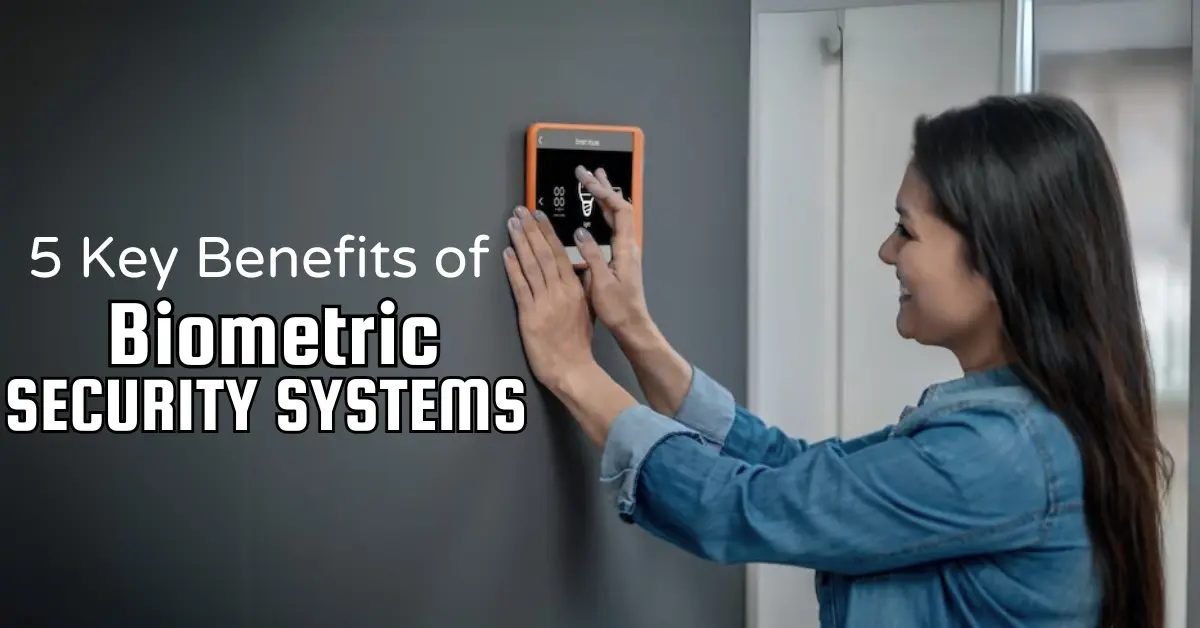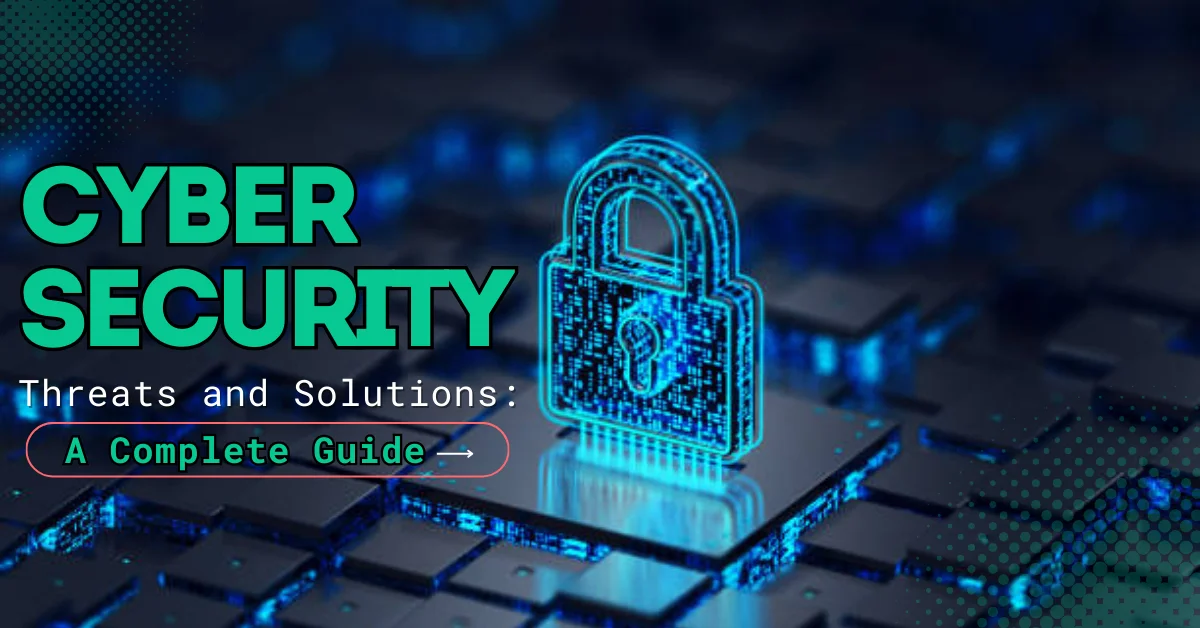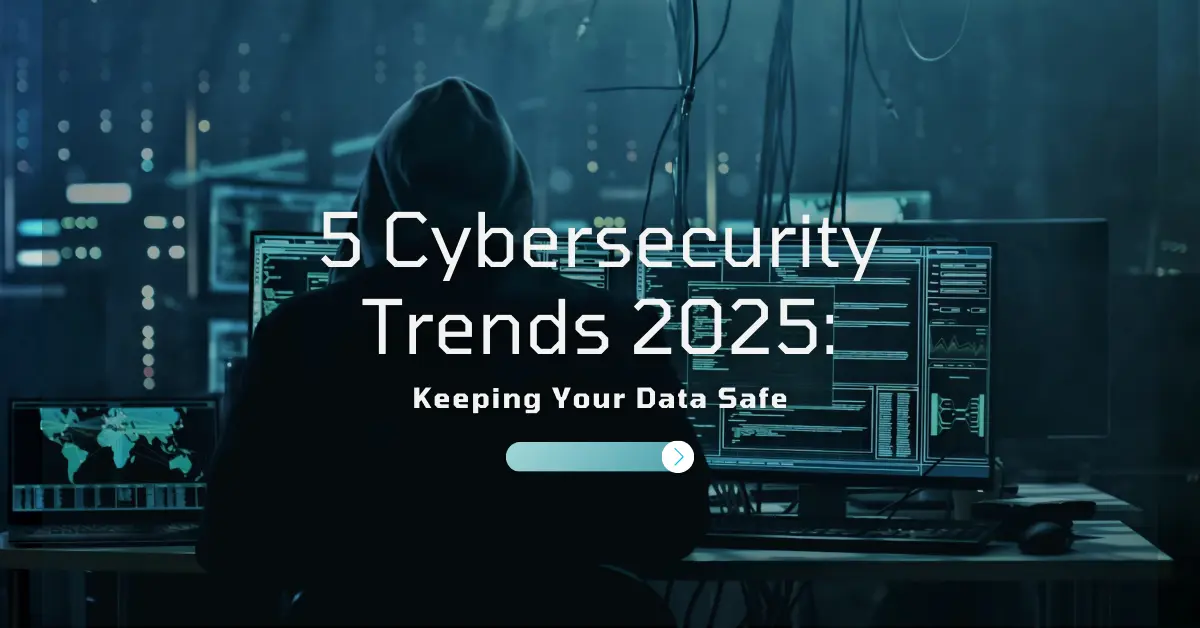
Biometric security systems are becoming an essential part of our digital lives, offering a safer and more reliable way to protect sensitive information. These systems use unique physical traits like fingerprints, facial features, or even eye patterns to verify identity. Unlike traditional password-based systems, biometric security is harder to bypass, making it an effective solution for securing devices, personal data, and access to restricted areas. The importance of biometric security lies in its ability to provide strong protection while being user-friendly. It eliminates the need for remembering complex passwords and offers a faster, more convenient way to access services.
As cyber threats evolve, biometric systems help ensure that only authorized individuals can access important information, reducing the risk of identity theft and fraud.
5 Key Benefits of Biometric Security Systems
Biometric security systems have changed how we protect our spaces and information. These systems use unique physical features like fingerprints, face shapes, or eye patterns to identify people. Let’s look at the five most important reasons why biometric security systems are valuable for businesses and individuals.
Better Security Than Traditional Methods

Traditional security methods like passwords and key cards have clear problems. People often forget passwords or choose weak ones that are easy to guess. Key cards can be lost, stolen, or copied. But biometric security fixes these issues.
Your fingerprint or face pattern belongs only to you – it’s almost impossible to copy or steal. Unlike a password that someone might guess or a key card that could fall into the wrong hands, your unique physical features stay with you. This makes biometric systems much harder to trick.
For example, if someone tries to enter a building using a stolen employee ID card, they might succeed. But they can’t use someone else’s fingerprint or face to get through a biometric scanner. The system will notice that the person’s physical features don’t match the stored data and deny access.
Faster and More Convenient Access

Biometric systems make entering secure areas quick and simple. Instead of typing passwords or searching for ID cards, you just place your finger on a scanner or look at a camera. The system recognizes you in seconds.
This speed is especially helpful in places where many people need access throughout the day. Think about a large office building – workers can enter quickly by showing their faces to a scanner, rather than holding up the line while digging through their bags for access cards.
The convenience factor is significant too. You don’t need to remember multiple passwords or carry extra items. Your means of identification is always with you. This reduces frustration and saves time, particularly when you’re in a hurry or have your hands full.
Accurate Record-Keeping and Monitoring

Biometric systems create precise records of who enters and exits a space. Every time someone uses the system, it logs their identity and the exact time. This information is valuable for many reasons.
In an office, these records can track employee attendance automatically. If there’s ever a security incident, administrators can quickly check who was present at specific times. This helps investigate problems and prevents people from claiming they were somewhere they weren’t.
The system can also spot unusual patterns. If someone tries to enter a restricted area at an unusual time, or if there are multiple failed access attempts, the system alerts security staff right away. This quick response time helps prevent security breaches before they happen.
Cost-Effective in the Long Run

While setting up biometric security systems costs more at first, they save money over time. Here’s how:
- No need to replace lost key cards or reset forgotten passwords
- Fewer security guards are needed for identity checks
- Less time spent managing access credentials
- Reduced risk of theft and unauthorized access
- Lower insurance costs due to better security
Many organizations find that these savings add up quickly. A company might spend thousands each year replacing lost access cards and updating security codes. With biometric systems, these ongoing costs largely disappear.
The systems also last many years with proper maintenance. Unlike other security equipment that needs frequent updates or replacement, biometric scanners remain effective as long as they’re working properly.
Improved Compliance and Accountability

Many industries must follow strict rules about who can access certain areas or information. Biometric systems help organizations meet these requirements easily and prove they’re following the rules.
Healthcare facilities, for example, need to control access to patient records and medication storage. Biometric systems create clear logs showing exactly who accessed what and when. This helps prove compliance with privacy laws and medical regulations.
Financial institutions also benefit from this feature. They can show regulators that only authorized personnel entered sensitive areas or accessed important systems. This detailed record-keeping protects both the organization and its customers.
Important Considerations When Using Biometric Systems
While biometric systems offer many benefits, organizations should think about a few important points:
Privacy Protection: Companies must store biometric data securely and tell users how their information will be used. Many countries have specific laws about handling biometric data.
Backup Systems: It’s smart to have alternative access methods ready in case the biometric system has technical problems. This might include temporary PIN codes or backup key cards.
Regular Updates: Like all technology, biometric systems need regular maintenance and updates to stay secure and work well.
User Training: People need to learn how to use the systems correctly. This includes proper finger placement on scanners or where to stand for facial recognition.
The Future of Biometric Security
Biometric security keeps getting better. New technologies can now recognize more features, work faster, and spot fake identities more accurately. Some systems can even check multiple features at once – like your face and voice together – for extra security.
As more organizations understand these benefits, biometric security systems are becoming common in many places:
- Office buildings
- Airports
- Banks
- Hospitals
- Government facilities
- Schools and universities
- Data centers
- Manufacturing plants
Conclusion
Biometric security systems offer strong protection, convenience, and good value for money. They solve many problems that come with traditional security methods and help organizations run more smoothly.
As technology improves and prices come down, more places will likely start using these systems. They’re not just for high-security facilities anymore – even small businesses can benefit from the safety and convenience of biometric security.
For any organization thinking about improving its security, biometric systems deserve serious consideration. Their ability to provide strong protection while making access easier for authorized users makes them an excellent choice for modern security needs.
Remember, the best security system is one that people use correctly. Biometric systems make this easier by removing the human error that often causes security problems with traditional methods.
FAQs
What is biometric security?
Biometric security uses unique physical traits, like fingerprints or facial recognition, to verify identity. It’s more secure than traditional passwords since it’s harder to replicate or steal, offering stronger protection for personal data.
Why is biometric security important?
Biometric security is important because it provides higher security than passwords. It’s harder to forge, reducing the chances of unauthorized access and ensuring sensitive information remains protected against theft and fraud.
How does biometric security work?
Biometric security systems scan unique features like fingerprints, eyes, or faces. These features are compared to stored data to verify identity, granting access only if they match, ensuring a secure and personalized login process.
Is biometric security reliable?
Yes, biometric security is generally reliable as it uses unique human traits for identification. However, factors like low-quality scans or environmental conditions can affect accuracy, but overall, it provides strong and secure protection.
Where are biometric systems used?
Biometric systems are used in many places, including smartphones, airports, banks, and workplaces. They help secure devices, protect sensitive information, and streamline access to services, making them an essential tool in today’s security landscape.
Also Read:
The Rise of Quantum Computing: 5 Key Points
References:
https://en.wikipedia.org/wiki/Biometrics
https://en.wikipedia.org/wiki/Biometric_device
https://www.researchgate.net/publication/312187756_Biometric_Security_Systems
Disclaimer: The information provided in this blog is for general purposes only. While we strive to ensure accuracy, the effectiveness and suitability of biometric security systems may vary based on individual needs. Consult a professional for personalized advice.



